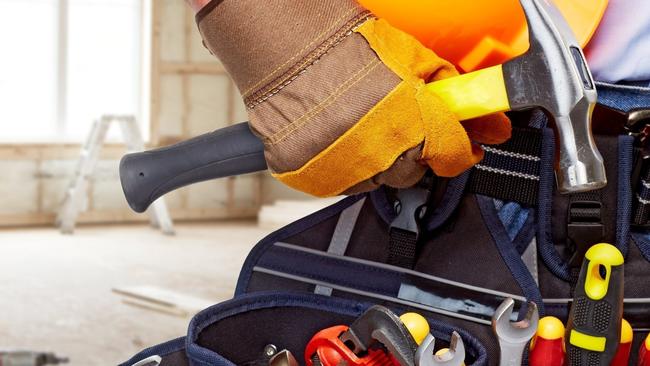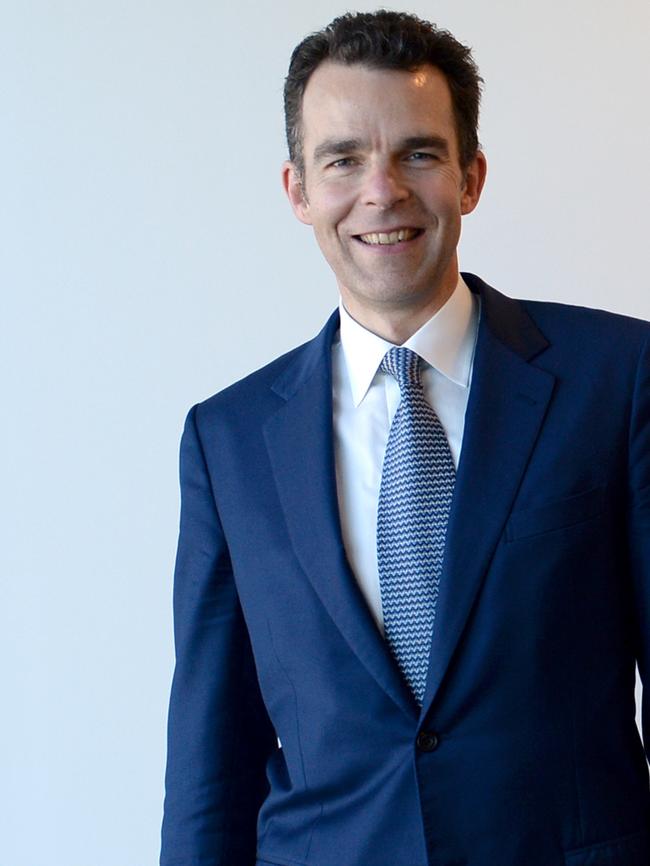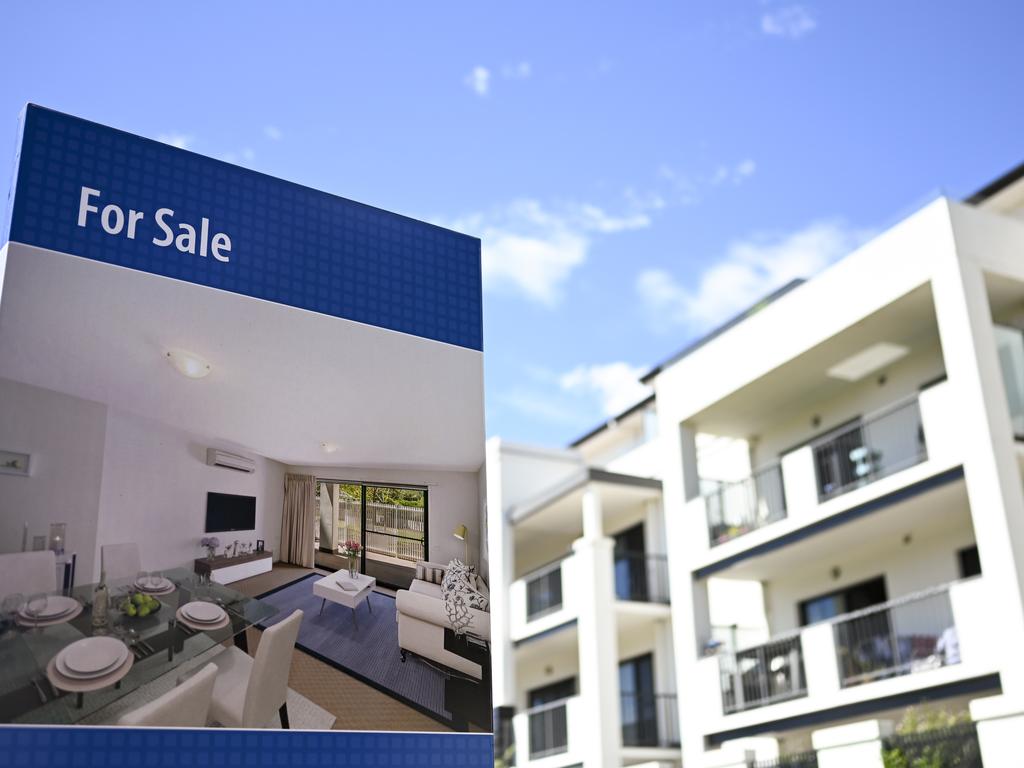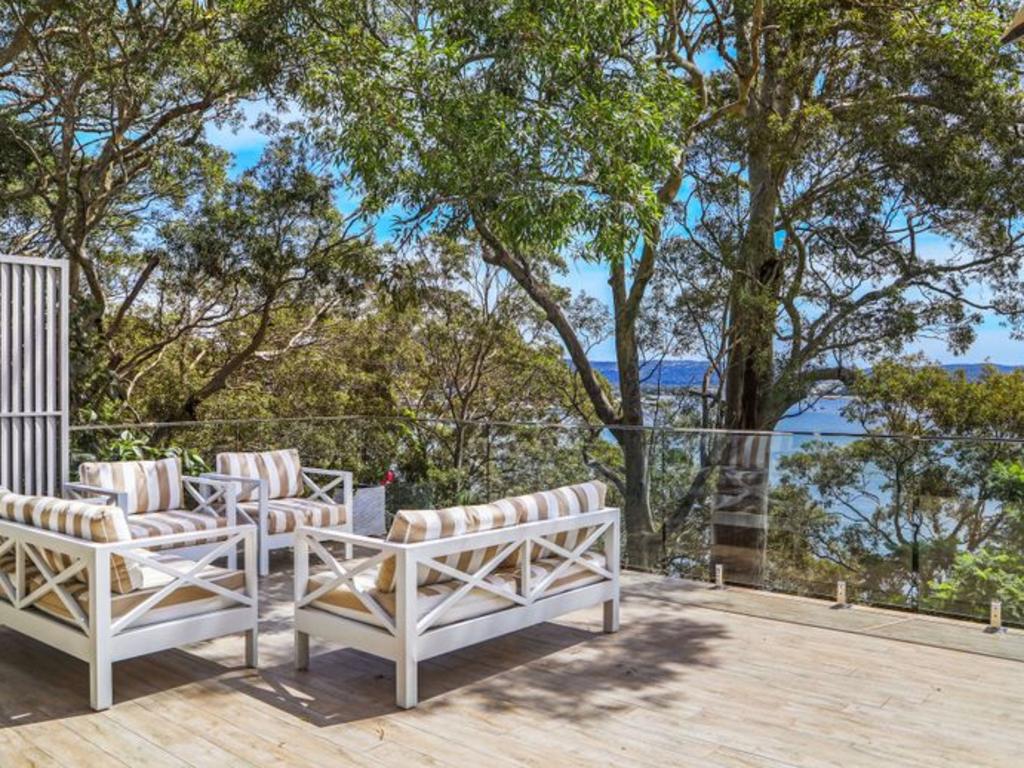Reliance Worldwide moves factory to four-day week
Plumbing manufacturer Reliance has scaled back its factory to a four-day week in what could be a bad sign for construction.

ASX-listed plumbing group Reliance Worldwide will reduce operations in its Australian factory to four days a week as part of a global slowdown in construction.
The “behind the wall” plumbing supplier is grappling with a shuttering of distributors and users of its products across all its major markets as the coronavirus shutdown bites.
Warehousing and customer service in Australia will not be reduced, but some are tipping the move as a signal the broader housing market may be headed for a significant slowdown.
Reliance CEO Heath Sharp, other executives and non-executive directors have all taken a 20 per cent pay cut for two months, in recognition of the business conditions that have also seen employees in the UK have been furloughed.
Mr Sharp said the company was were seeing underlying demand in EMEA running at 35-40 per cent of pre-COVID-19 levels.
“Germany is one of the stronger markets at the moment and the UK is the weakest,” he said.
“As we look forward, as new construction comes off in the US and the unemployment numbers are skyrocketing there our view is that must have an impact on demand.”
However, Mr Sharp said a strong DIY market was helping to make up for some of the lost sales.

“People are at home taking on projects they otherwise wouldn’t,” he said.
Mr Sharp said the scaling back of operations in Australia was aimed at ensuring Reliance did not run up an inventory backlog, but at the same time ensuring that if things did recover, the business could quickly respond.
“That move was more focused on what we’re seeing in Australia as opposed to the US,” he said.
RWC now expects to conclude transferring its American manufacturing operations from Tennessee to Alabama by September year due to delays caused by COVID-19.
AMP economist Shane Oliver has Australian tipped house prices would fall by as much as 10 per cent nationally and up to 15 per cent in Sydney and Melbourne; something which was likely to have a flow-on effect in new construction.
“Construction is going to slow down substantially, potentially halve, The big unknown is how long the shutdown goes for,” Mr Oliver said.
“We’re going to see a sharp decline in new builds, that normally goes hand-in-hand with falling house prices.”
Mr Oliver said that coupled with current price falls, there were significant amounts of new housing coming to completion in the coming months, as well as a significant growth in vacant rentals caused by a collapse in demand both from Airbnb and from international students.
“Tourism won’t come back in a hurry unless there’s some sort of vaccine,” he said.
“Education is another problematic one as well, a lot of the rental market is occupied by students.”






To join the conversation, please log in. Don't have an account? Register
Join the conversation, you are commenting as Logout